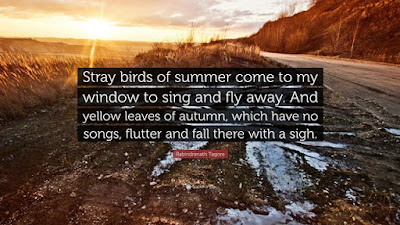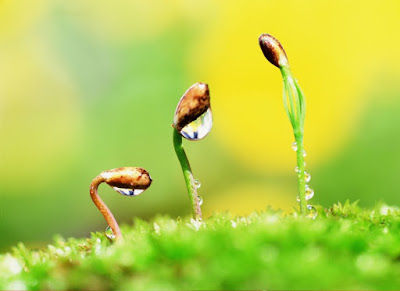Happiness lies within
“Most folks are about as happy as they make up their minds to be.” Abraham Lincoln
Down through the centuries men have sought to explain the meaning and the art of happiness. Millions upon millions of words have been written on the subject. Poets and priests, philosophers and scientists, teachers, preachers, and leaders of every age have sought to work out a simple formula for what Sir Philip Gibbs called “The eternal quest of mankind” -- a happy and contented life.
For in the end happiness is what all people want, regardless of the many ways they may seek it. To be happy is the ultimate goal of all ambition, all endeavor, all hopes and plans. “Happiness is the meaning and the purpose of life, the whole aim and end of human existence.” declared Aristotle, supreme philosopher of the ancient world.
But what is happiness ? Clearly, it means vastly different things to different people. Since earliest times men have sought and found their happiness along amazingly divergent paths -- in work, achievement, success, in love and family ties, in the affection of friends, in religion.
There is one point, however, on which philosophers in every age agree: true happiness stems from a quality within ourselves, from a way of thinking of life. Of all the millions of words written on happiness, this the oldest and most enduring truth. If the principles of contentment are not within us, no material success, no pleasures or possessions, can make us happy.
This philosophy has been expounded by writers and thinkers since civilization began; but never more beautifully and effectively than in Maeterlinck’s famous play, The Blue Bird. Tyltyl and Mytyl, the woodcutter’s children, search far and wide for happiness, only to find it on their return home. (“We went so far, and it was here all the time!”) It isn’t necessary to search for happiness in far places, says Maeterlinck in The Blue Bird. It is everywhere around you and about you. The quest for happiness is always in vain unless you can find it within yourself, within your own heart and soul.
“Very little is needed to make a happy life,” wrote Marcus Aurelius in his immortal Meditations. “It is all within yourself, in your way of thinking.”
Following are selections from what leading thinkers of all ages, from ancient times to the present, have said on the subject of happiness.
From LFML, Pg. 1 & 2.




Comments